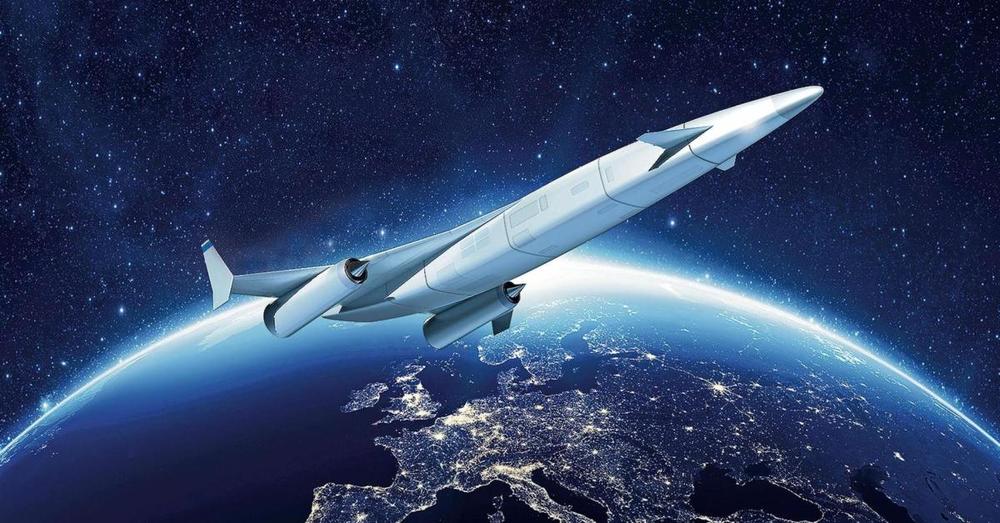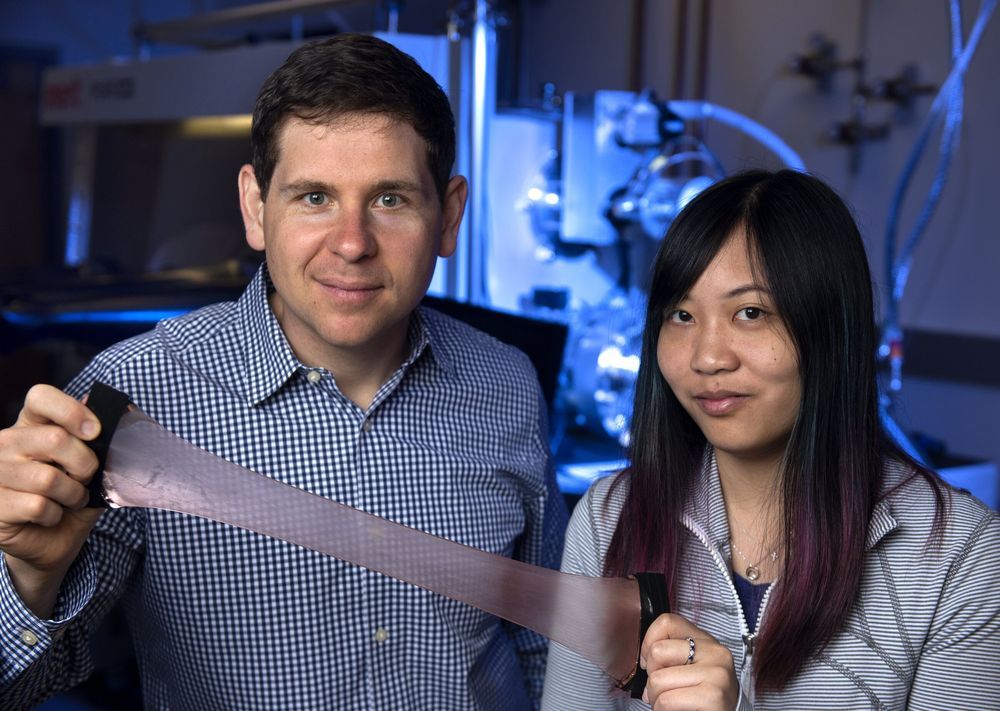Learn a new approach to accelerating corporate innovation and entrepreneurship in this two-day program at MIT.
Category: innovation – Page 214


This Hypersonic ‘Space Plane’ Can Fly at 25 TIMES the Speed of Sound
A “spaceplane” that will be able to travel at 25 times the speed just reached a major breakthrough.
Reaction Engines is working with the European Space Agency and the UK Space Agency to develop a hypersonic aircraft that could zip from New York to London in just one hour.
The British aerospace manufacturer has tested the an essential piece of equipment called a precooler, which prevents the plane’s engine from overheating.


Breakthrough Flu Vaccine Could Soon Eradicate The Virus Forever: One-shot Immunity For Life!
Researchers in Australia are on the verge of discovering a universal flu vaccine — one which would be effective against all strains of the virus. When they do, we won’t have to take a new flu shot every year anymore. We’ll just get this one shot, and never more. It’s a finding that is being heralded as an “extraordinary breakthrough.” It could even end the flu and influenza epidemic once and for all.
The Epidemic



“Unlimited range” stealth e-bike never needs plugging in
If e-bikes tend to look a little ungainly for your tastes, check out this thing from Barcelona’s Nua Bikes. With the motor, sensors and battery built into a discreet hub unit, the Nua Electrica is barely distinguishable from a regular fixie, and its innovative “self-charging” mode means you can get away without ever charging it.

Squid skin inspires creation of next-generation space blanket
Drawing design inspiration from the skin of stealthy sea creatures, engineers at the University of California, Irvine have developed a next-generation, adaptive space blanket that gives users the ability to control their temperature. The innovation is detailed in a study published today in Nature Communications.
The Glass Age, Part 1: Flexible, Bendable Glass
Circa 2014
Be amazed as Adam Savage and Jamie Hyneman introduce us to a whole new way of thinking about glass. Learn the history of glass innovation and watch incredible demonstrations of bendable optical fiber and thin, ultra-flexible glass. This is the Glass Age, where materials science is constantly pushing boundaries and creating new possibilities for glass-enabled technology and design. See how glass is shaping the future at www.TheGlassAge.com
Presented by Corning.
